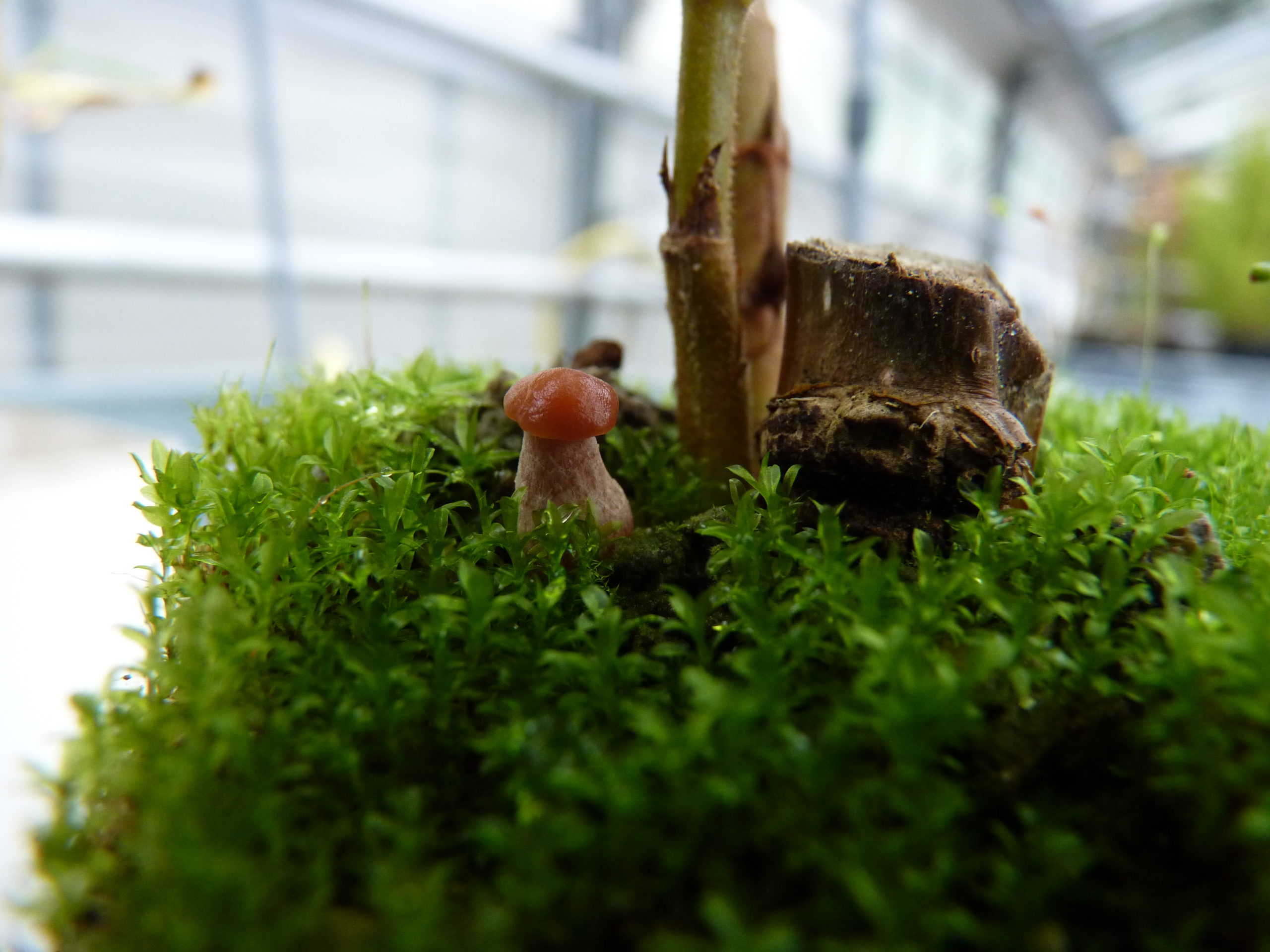Fungi use signaling molecules called LCOs to communicate with each other and to regulate growth
Fungi use signaling molecules called LCOs to communicate with each other and to regulate growth. Credit: Jessy Labbe/Oak Ridge National Laboratory, U.S. Dept. of Energy
Fungi use signaling molecules called LCOs to communicate with each other and to regulate growth. Credit: Jessy Labbe/Oak Ridge National Laboratory, U.S. Dept. of Energy
Previous
Next
Topic: Biology and Environment
December 1, 2020
Oak Ridge National Laboratory and collaborators have discovered that signaling molecules known to trigger symbiosis between plants and soil bacteria are also used by almost all fungi as chemical signals to communicate with each other.
As researchers study how these signals regulate fungal growth, this understanding could inform development of hardier crops and treatments for fungal diseases in plants and humans.
The molecules are called LCOs, short for lipo-chitooligosaccharides, and are used by bacteria to form nodules on plant roots where bacteria convert atmospheric nitrogen into a form that fuels plant growth. The study demonstrated that diverse species across the fungal kingdom also produced LCOs, which play roles in shaping fungal communities.
“Preliminary findings indicate that LCOs benefit fungi associated with plants but not those that do not interact with plants,” ORNL’s Jessy Labbe said. “This inspires questions about how we might use these mechanisms to our benefit.”

